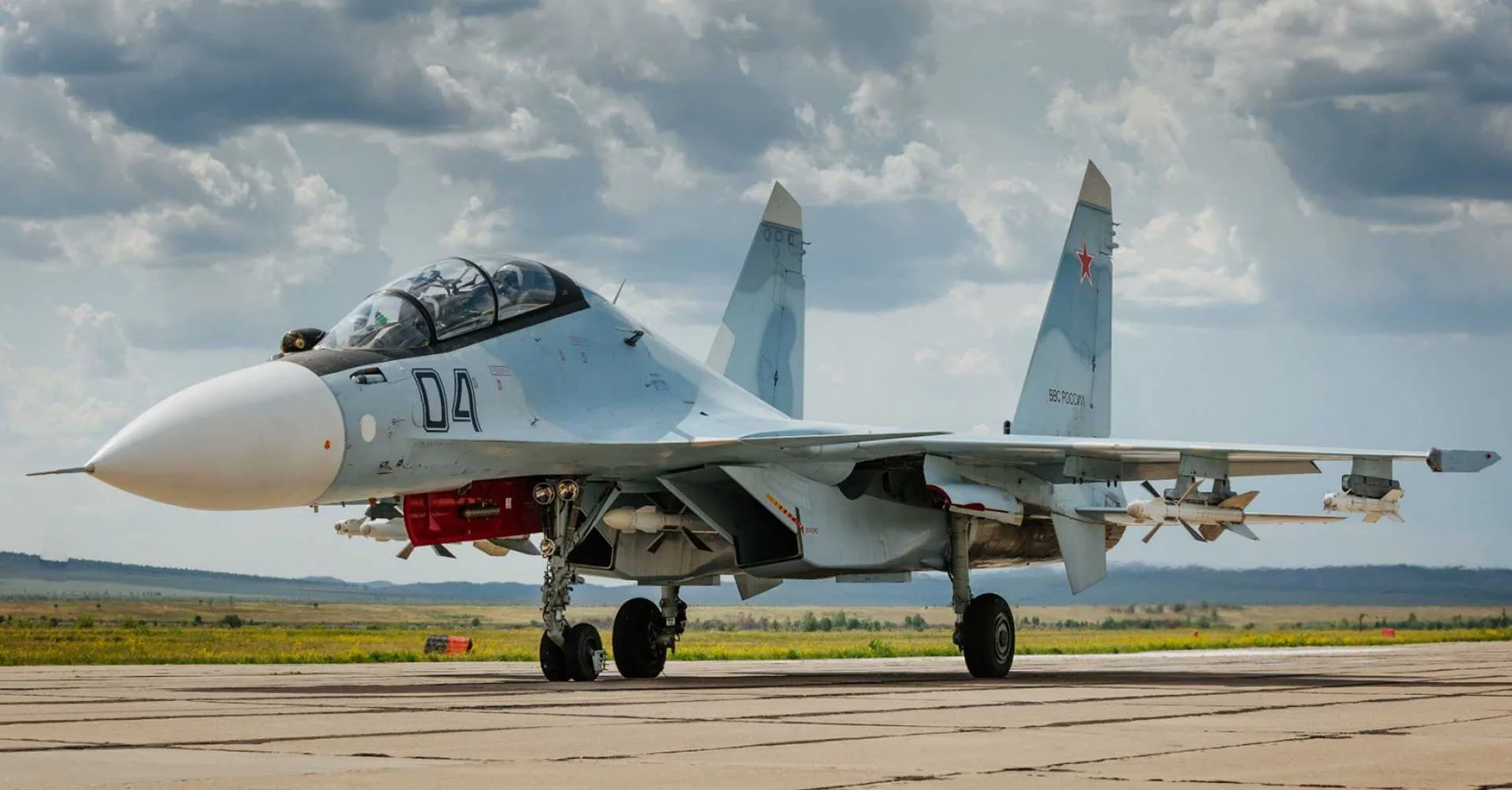
Following his visit to Moscow for the Victory Day celebrations earlier this month, Burmese junta leader Min Aung Hlaing thanked Russia for the fighter jets and helicopters it has provided his military government. The junta, which came to power in the February 2021 coup, is currently facing an insurgency by a number of armed ethnic and opposition groups across Burma. Rights groups accuse the Tatmadaw, as the Burmese military is known, of routinely targeting civilian populations and infrastructure in its aerial attacks. While in Moscow, Min Aung Hlaing also met for the first time with Chinese leader Xi Jinping, another key patron of his regime. (TNH)
Photo: Russia MoD via The Irrawaddy





Burmese junta uses paragliders to attack festival
Amnesty International called for urgent protection of civilians in Burma after a nighttime attack that reportedly killed more than 20 people, including children, as motorized paragliders dropped explosives on a crowd during the traditional Thadingyut (Festival of Lights).
Witnesses in Chaung-U township said the first blasts struck around 8 PM on Oct. 6, as residents held a candlelight vigil to demand the release of detainees, oppose conscription, and denounce the upcoming election scheduled by military leaders. At least 17 people, among them a child under five, were reportedly killed in the initial strike, and dozens were badly injured. A second strike was reported around 11 PM.
Residents described the aircraft as “paramotors”—single-seat paragliders with small engines that make a harsh, chainsaw-like sound. The UN human rights office has warned that these paramotor runs often drop 120-mm mortar rounds indiscriminately in populated areas. Similar paramotors were used to attack the same township shortly after a 7.7 magnitude earthquake in March. (Jurist)
Criticism of the upcoming parliamentary elections has been effectively criminalized. A Burmese man was sentenced to seven years of hard labor last month for a social media post critical of the election plans, state-run media reported.
Critics are concerned that the election law echoes legislation enacted by an earlier junta leader, Than Shwe, which instated a controlled process keeping a leading role for the military. Many are worried that the law is a mere ploy to keep military power under the guise of the democratic process. (Jurist)
A UN expert criticized the US government in August for its rollback of sanctions against entities supplying weapons and other support to the Myanmar military junta, finding the move “unconscionable.” (Jurist)
Regional leaders urged to reject Burmese junta’s ‘sham election’
Human Rights Watch (HRW) on Oct. 17 called on leaders gathering for the ASEAN Summit in Kuala Lumpur later this month to take a firm stand against Burma’s military junta and its plan to hold national elections in December, describing the process as a “sham” that would further entrench repression and violence.
In an open letter addressed to governments attending the summit, HRW urged member states to deny recognition of the junta’s planned elections, intensify diplomatic isolation of Myanmar’s military rulers, and increase humanitarian and refugee assistance amid what it described as one of the worst displacement crises in Asia since World War II. (Jurist)